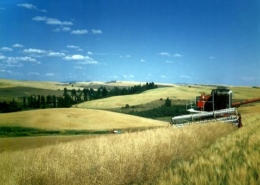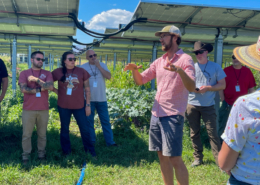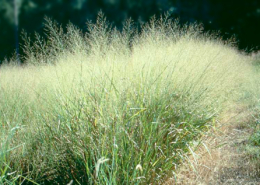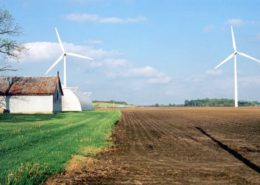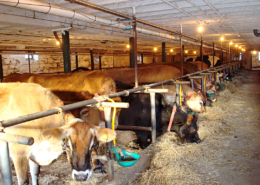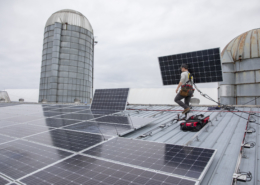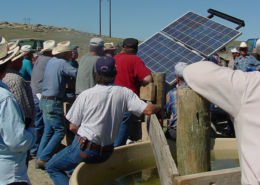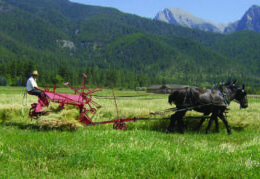Farm Energy
Farming can be energy intensive. Fuel and electricity prices are volatile and tend to rise over time, contributing to increased operational expenses that can impact a farm’s profit. Additionally, farmers may want to reduce their reliance on energy sources that contribute to climate change. NCAT has developed resources to help farmers improve energy efficiency and move toward renewable energy sources such as solar and biofuels.
Choosing sustainable production systems that reduce energy use and focusing on energy efficiency are ways farmers can reduce energy use and expenses. Areas to look for energy-efficiency opportunities include lighting; irrigation; motors and pumps; heating, ventilation, and cooling (HVAC); refrigeration; systems controllers; water heating; machinery; and buildings. When energy use is lowered, alternative forms of energy can be an option to cover all or part of the farm’s remaining energy needs.
The practical ATTRA resources here can help you get started. Don’t miss our Farm Energy Efficiency tutorial, which provides individual lessons on farm building efficiency, outdoor lighting, irrigation efficiency, solar, small-scale wind, and biodiesel, as well as our resources on alternative forms of energy for the farm.

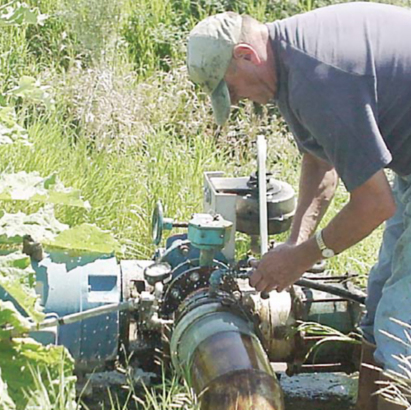
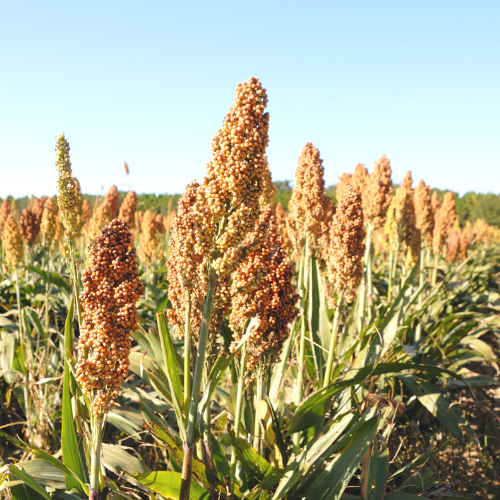
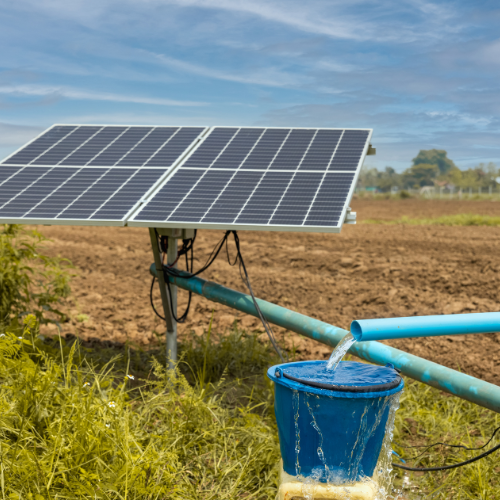
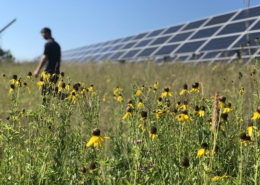 NCAT
NCAT
